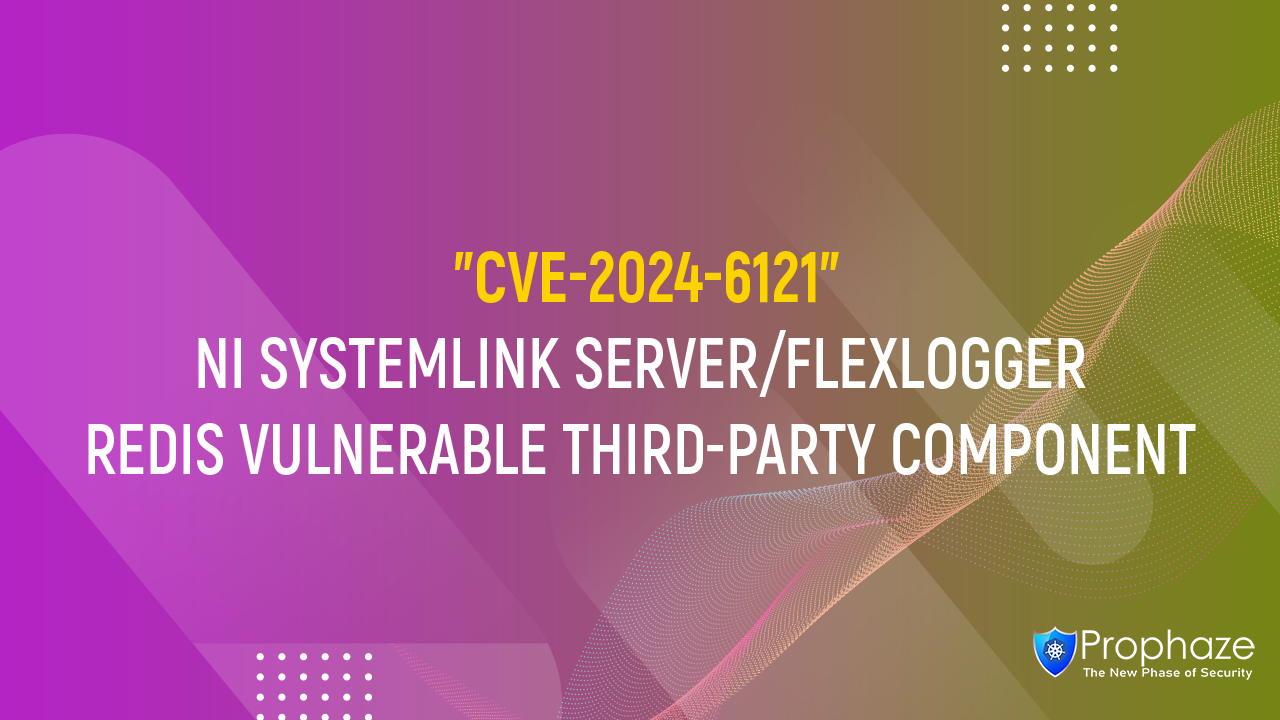Attacks on Application Programming Interfaces (APIs) have become significant cybersecurity challenges in today’s digital landscape. Bot attacks on APIs involve the use of automated bots or scripts to send a large volume of requests to API endpoints. These bots attempt to overwhelm the API, causing service disruptions, reducing performance, and consuming excessive server resources.
Bot attacks can be used for various malicious purposes, such as data scraping, account takeovers, or inventory hoarding. On the other hand, API fraud entails fraudulent activities perpetrated through API endpoints, including account takeovers, credential stuffing, and inventory scalping. As these threats continue to evolve, organizations must proactively implement robust security measures to safeguard their APIs and protect their sensitive data from unauthorized access and abuse.
The Growing Threat of Bot Attacks and API Fraud
Bot attacks on APIs involve the use of automated bots or scripts to send a massive volume of requests to API endpoints. These bots aim to overwhelm the API, leading to service disruptions, reduced performance, and excessive resource consumption. On the other hand, API fraud encompasses various fraudulent activities carried out through API endpoints, including account takeovers, credential stuffing, and inventory scalping. These threats pose significant cybersecurity challenges, as they can result in data breaches, identity theft, financial losses, and tarnished reputations.
Alarming Statistics
-
According to a recent report by Imperva, 24.1% of all web traffic in 2020 was generated by bad bots, with API-specific attacks witnessing a significant surge.
-
A study revealed that between 2019 and 2020, there was a staggering 115% increase in API attacks.
-
The FBI reported that API-related fraud has cost businesses over $3.5 billion in losses over the past two years.
-
Malicious bots are responsible for over 50% of all spam emails sent globally, inundating inboxes with deceptive and harmful messages.
-
Bot-driven data harvesting and scraping have led to a 40% increase in reported data breaches in the past year, exposing a staggering 36 billion records.
-
API fraudsters exploit vulnerabilities in payment APIs, leading to financial losses for businesses and an increase in chargeback disputes.
-
Over 100 billion credential-stuffing attacks occurred in 2020, exploiting reused passwords and gaining unauthorized access to accounts.
The Impact of Bot Attacks and API Fraud
Following are some potential threats of Bot Attacks and Fraud on APIs:
DDoS-Like Behavior:
API bot attacks utilize automated bots to inundate API endpoints with an overwhelming number of requests. This DDoS-like behavior can lead to service disruptions, impairing website performance and user experience.
Data Scraping and Content Theft:
Malicious bots are often deployed to scrape valuable data from APIs, compromising proprietary information, intellectual property, and critical business intelligence.
Credential Stuffing and Account Takeovers:
Bots leverage stolen credentials obtained from previous data breaches to carry out credential stuffing attacks. These attacks can lead to account takeovers, allowing attackers unauthorized access to users’ accounts and sensitive data.
Financial Losses and Chargebacks:
API fraudsters exploit vulnerabilities in payment APIs to conduct fraudulent transactions, leading to financial losses for businesses and an increase in chargeback disputes.
Identity Theft and Phishing:
APIs provide access to personal information, making them a prime target for identity theft. Fraudsters may use the data obtained through API vulnerabilities to create phishing attacks and defraud unsuspecting users.
Fake Accounts and Spam:
Malicious actors use APIs to create fake accounts, spam users, and disseminate phishing links or malicious content, tarnishing the reputation of organizations and negatively impacting customer trust.
Mitigation Techniques to Counter These Attacks
Now that we have established that the impact of Bot Attacks and API Fraud is alarming, let’s take a look into the measures on how to combat these threats –
Rate Limiting and Throttling:
Implement rate limiting and request throttling mechanisms to restrict the number of API requests from individual IP addresses or clients.
Bot Detection and Blocking:
Leverage Prophaze WAF’s advanced bot detection algorithms to identify and block malicious bots attempting to exploit APIs. Prophaze’s sophisticated machine-learning models detect bot signatures, behavior patterns, and anomalies, ensuring robust bot protection.
API Key Management and Encrypted Communication:
Enforce strict API key management practices to control access to API endpoints and enable HTTPS (TLS) encryption for API communication to protect sensitive data from interception and eavesdropping.
Request Validation and Multi-Factor Authentication (MFA):
Perform thorough input validation to ensure that API requests contain valid data and do not include suspicious or malformed parameters. Implement MFA to add an extra layer of security for API endpoints.
Real-Time Monitoring and Anomaly Detection:
Prophaze WAF’s real-time monitoring capabilities track API activities and detect anomalous behavior, allowing immediate action against fraudulent transactions or unauthorized access attempts.
IP Reputation and Geolocation Filtering:
Utilize Prophaze WAF’s IP reputation and geolocation filtering to block requests from suspicious IPs or regions associated with fraudulent activities, effectively reducing API fraud risks.
Prophaze WAF - Fortifying API Security

API bot attacks and API fraud are sophisticated threats requiring comprehensive mitigation strategies. Prophaze, a leading provider of cutting-edge cybersecurity solutions, is revolutionizing the field of API security by offering the next level of protection. Prophaze WAF offers a robust and adaptive solution, safeguarding APIs with advanced bot detection, rate limiting, and real-time monitoring. With Prophaze WAF’s multi-factor authentication, encrypted communication, and customizable security policies, organizations can strengthen their APIs against bot attacks and fraud attempts.
By adopting Prophaze WAF as a core security component, businesses can ensure their APIs remain secure, trust is preserved, and users enjoy a seamless and protected digital experience. Reach out to our team at Prophaze today, to learn more about our enhanced API security solutions and how it can benefit your organization. Together, let’s build a secure and resilient API environment.









